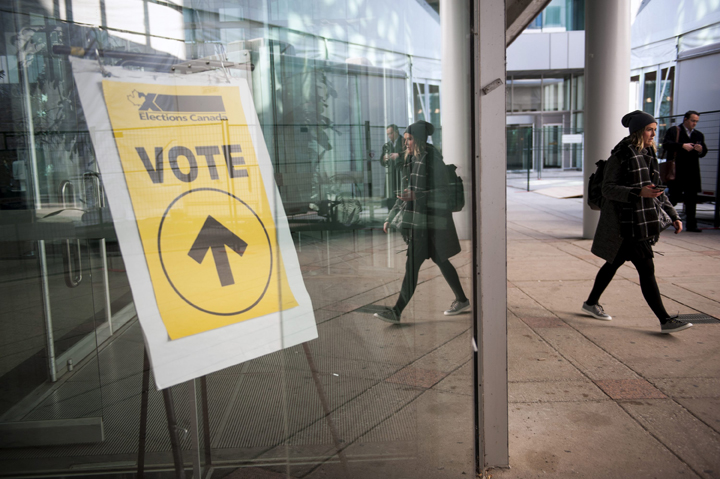It seems that we are about to be enveloped in a heated debate about something that puts most people to sleep. I refer to electoral reform, which even as a descriptive title seems lifeless.

But the corpse is about to be injected with massive amounts of passion, outrage and desperation.
Some of what we will hear in the months ahead might be sincere concern for the state of our democracy, but almost all of it will be in political code.
It might shock some, but this whole adventure is steeped in political gain and loss.
So to help understand the debate, we should first crack the code.
Let’s start with an obvious baseline. Politics is about power, pure and simple. It’s about getting it, keeping it, and denying it to others. You get there by winning the most seats in an election.
But how that is achieved depends entirely on the rules.
Rules can have a huge impact. Think of how the NHL has changed the game by changing the rules on icing, four-on-four, and shootouts. It not only made it faster and more exciting, but changed the way the game was coached. That’s sort of what’s happening with electoral reform.
Now let’s break the codes.
First, the New Democrats. Their pitch is for a type of proportional representation, a system where the number of seats a party gets is determined by how many votes it acquires everywhere across the country, not in ridings. This, they explain, means every vote counts and the popular will is respected. Sounds good, especially if you’re a New Democrat. Why? Because in the last election the NDP got 44 seats under the current “first past the post” system. Under proportional representation, they would have had 68 seats. That’s still third party status, but way better than what they got.
So here’s their code broken; the road back to being a political force runs right through proportional representation.
Now, the Liberals. Although they say they are open to all ideas, the one they like the best is a “ranked ballot.” That’s a system where you mark your first and second choices on your ballot. If your candidate doesn’t finish in the top two, your vote goes to the candidate you picked as your second choice. Many Liberals argue this is the superior system as it allows for a wider choice, and ultimately, a more legitimate victory for the winner, as the winner would get more than 50 per cent of the vote.
But here’s the code. In most ridings you have a choice among right, centre or left candidates. If you voted right or left, chances are pretty good your second choice will be to the party closest to your own. In both cases that would be the centre, which happens to be the Liberals. If you’re a Liberal, why wouldn’t you love this?
Finally the Conservatives. Their code is the easiest to break. They look at any and all reform options with horror. Proportional representation would only encourage divisions in what is, afterall, a party of political alliances. The social conservatives might strike out on their own to win some seats where they wouldn’t have to feel bound to a party of convenience. Red Tories might feel the same. As for ranked ballots, there lies oblivion, or at least a permanent banishment to the fringes. To compete in that forum would mean having to become a party of the centre, which sort of isn’t their thing.
So here’s the code. They need to kill any change, so they are trying to make this debate all about the need to hold a referendum. Why? Because when electoral reform was put to referendums before in B.C., Ontario and P.E.I., it failed, in some cases miserably. If past is prologue, a national referendum may produce the same result and be just the thing to make all these ideas go away.
Every party has a real stake in this debate. Their futures will depend on it. So the rhetoric will soar, the debate will become white hot, and Canadians will be pushed and prodded.
But it will make far more sense with our magic decoder rings.

Comments